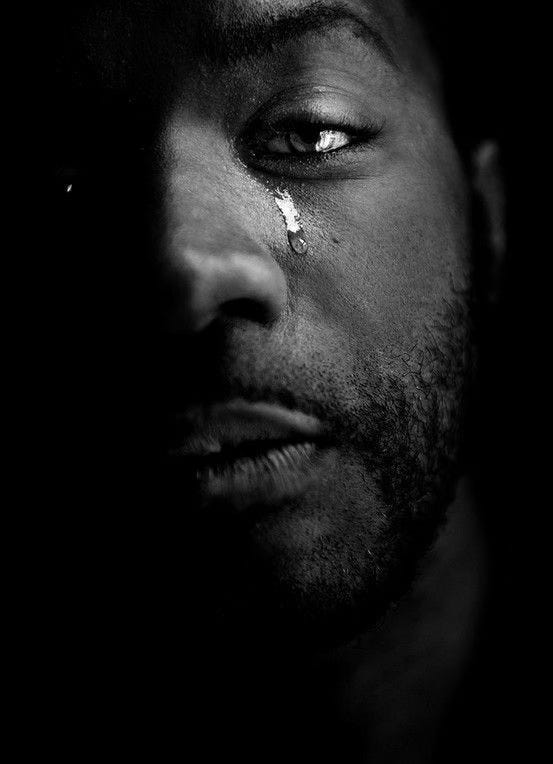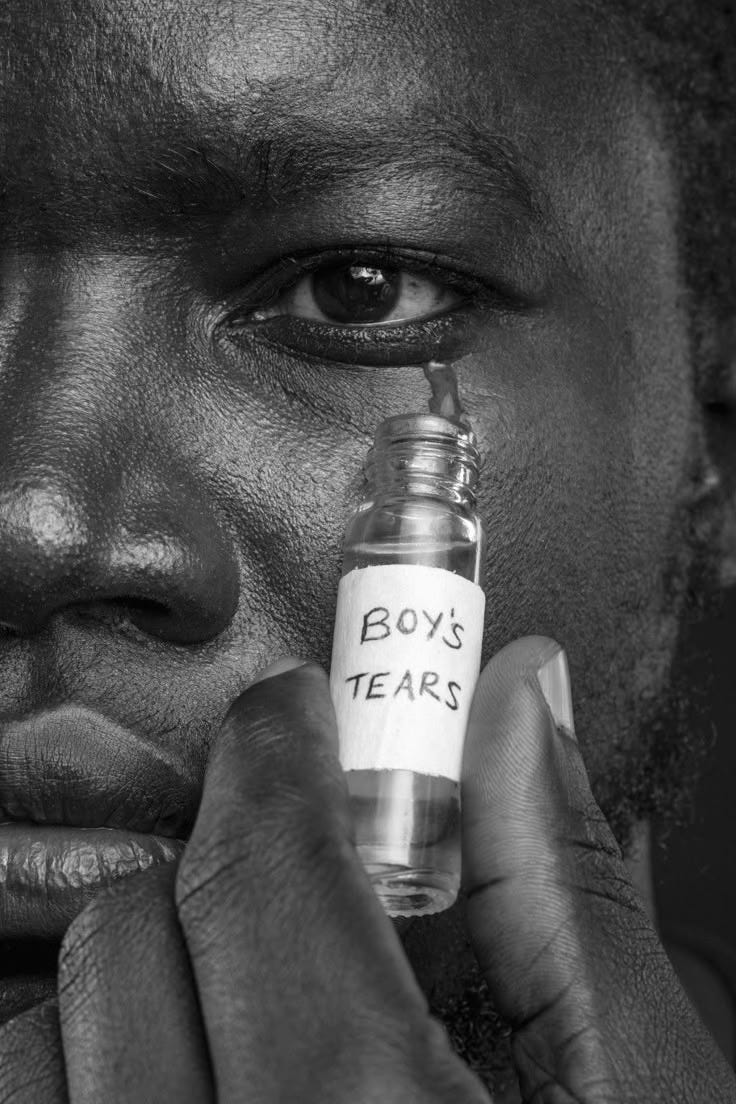The “Holy, Not Whore” Series Pt. 5: How Men And Women Can Rebuild Something Better
What comes after the truth is told?
We’ve spent generations in a gender war. Women fighting to be safe, to be seen, to be respected. Men taught to be silent, to hold it in, to perform strength while privately falling apart.
And now, here we are, carrying the weight of that damage. Mistrust. Miscommunication. Emotional debris passed down like inheritance.
Let’s be honest: nobody’s winning when we’re stuck in survival mode with each other.
This isn’t about blame. It’s about healing what’s been broken. Where men and women aren’t stuck in roles they didn’t choose, but are free to meet each other fully. Where sex isn’t used as a weapon, or a way to feel temporarily seen, but as an act of clarity and connection.
We don’t need more “rules” about who submits and who leads. We need a new foundation.
Step 1: Dismantle The Shame Machine
Shame has been used as a tool to control people. Sex is one of the most distorted pieces of this entire conversation.
Women have been shamed for wanting sex, and for not wanting it. For being too quiet. Too loud. Too emotional. Too cold. For aging. For showing skin. For covering up.
For literally existing in a way that doesn’t make everyone else comfortable.
Men haven’t been spared either. They’ve been shamed for crying, for needing help, for being too soft, or for not fitting the outdated image of what a “real man” is supposed to be.
Psychotherapist Esther Perel talks about how men’s emotional repression isn’t just a personal issue, it’s a cultural one. When boys are taught early to suppress their feelings, that disconnection turns into shame, isolation, and emotional walls that follow them into adulthood.
And then those same men end up in relationships where they’re unable to give or receive real intimacy.
This cycle doesn’t break on its own. We have to be intentional about undoing it.
Talk about sex and emotions like they’re normal, because they are. Not everything has to be taboo or controversial.
Challenge gender roles early. When we raise children with emotional freedom, we raise healthier adults.
Make mental health care accessible and shame free. Everyone deserves support, whether they’re unpacking trauma, learning boundaries, or just figuring themselves out.
Step 2: Start Seeing Vulnerability As Strength
One of the biggest lies men have been taught is that vulnerability makes them weak. That showing emotion somehow strips them of their power.
So instead, they shut down. They stay silent. They carry everything alone and call it “strength.”
Even in my own life, I know this to be true. The first time I let myself be fully vulnerable, it changed everything.
Not just in how I saw myself, but in how I connected with the few people I truly let in.
Real people want real things. And what I’ve learned is this: vulnerability isn’t weakness. It’s what makes connection possible. It’s raw. It’s scary.
But it’s also the most beautiful kind of strength.
Vulnerability isn’t weakness. It’s honesty. It’s being real with yourself and the people around you. And in a world that trains men to armor up, choosing to be open is one of the most powerful things a man can do.
Make emotional expression normal. Men need spaces where they can speak without feeling judged or shamed. (my private sessions open to men as well)
Teach emotional language. A lot of men were never taught how to name what they feel. The more clearly you can identify what’s happening inside, the more clearly you can communicate, connect, and move through it.
Model it. If you’re a man who’s done the work, or even just started, say that. When men see other men being open, it gives them permission to do the same.
If masculinity is going to evolve, it has to start with truth. And vulnerability is where truth begins.
There’s a diner scene in Moonlight that shows two men reconnecting after years apart. One of them, hardened and closed off, gets asked a question no one ever asked him before. That’s what breaking down emotional armor looks like.
Step 3: Men And Women Are Not Enemies
A lot of relationship imbalance starts with outdated conditioning.
We were raised in a culture that still, whether quietly or loudly, tells men they’re supposed to lead, dominate, and stay in control, and tells women they should follow, shrink, and keep the peace.
Even in music and entertainment, especially in mainstream R&B and hip hop, we’ve made it cool to act like we don’t need each other.
But underneath all the independence anthems and “I’m good on my own” energy, a lot of us are quietly suffering.
We want love & connection.
Healthy relationships are built on mutual respect, not silent resentment.
Shared decisions. Both voices matter. Both people have a say.
Respecting autonomy. You’re not each other’s property. You’re not each other’s project.
Challenging old gender scripts. The goal is balance, not boxes.
Accountability and boundaries. If there’s gaslighting, control, manipulation, or emotional abuse, learn the signs, and be willing to walk away if respect isn’t mutual.
No one should have to lose themselves just to keep a relationship going.
Building A New Paradigm
If we want real connection, we have to unlearn that. And then actually do the work of showing up differently.
Let’s be honest, no woman wants to carry everything on her own.
And most men want love, softness, and someone they can be real with.
So why are we pretending it has to be one or the other?
It’s heartbreaking how many people are giving up on love, when deep down, that’s exactly what we all want.
This won’t be a quick fix.
It’s a lifelong process.
Men and women are not each other’s enemies
We have to stop thinking like we’re on opposite sides and finally start having the real, uncomfortable conversations that help us build something better.
✨ Coming Up Next In The Series:
💖 Need To Vent? Get Advice?
My 1:1 girl chat sessions are for women who are done repeating patterns and ready to reclaim their voice, their power, and their peace.












I love your writing more and more. Thank you for this beautiful and meaningful piece.